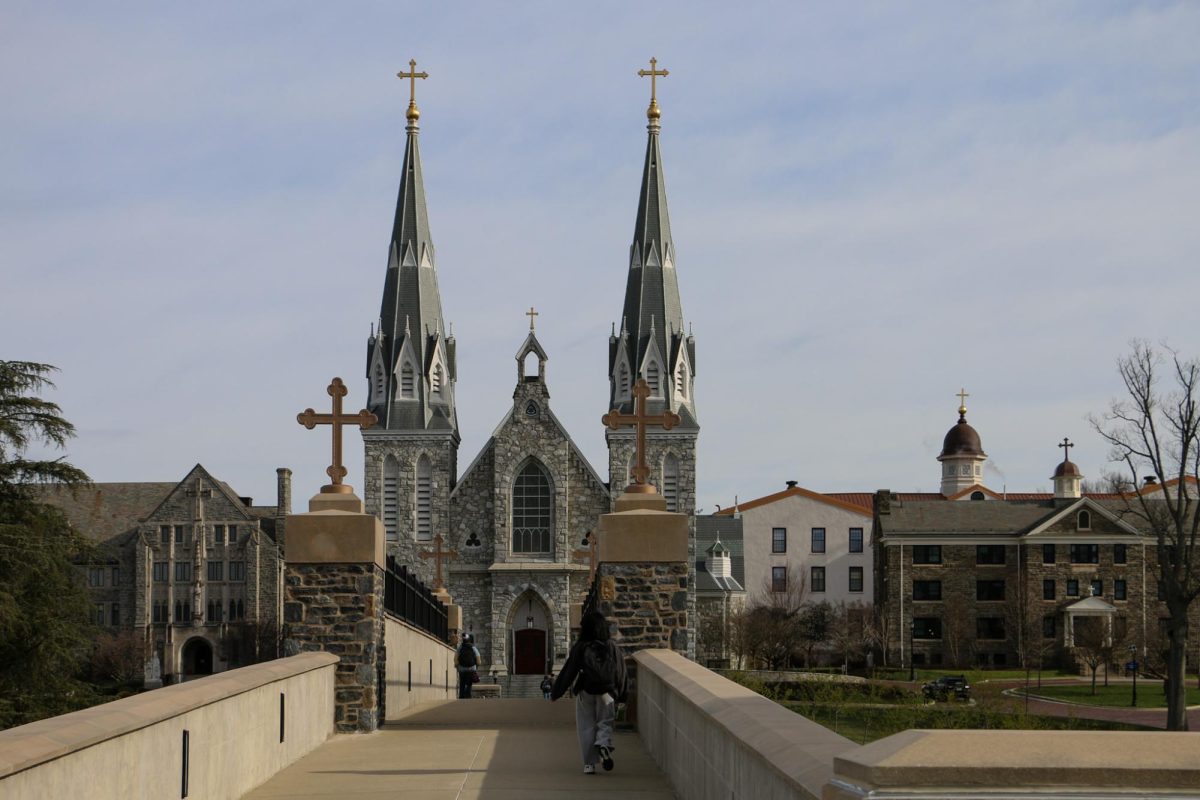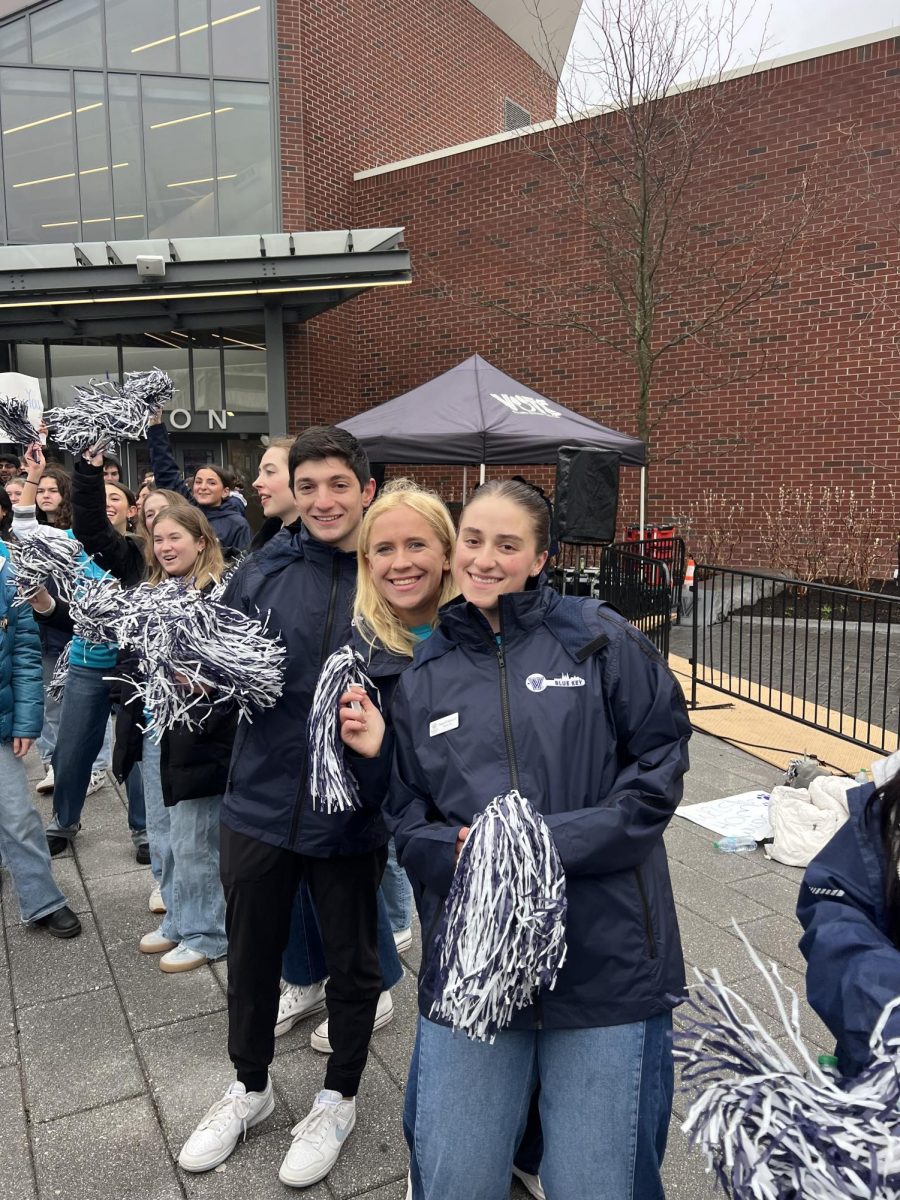Last September, about 200,000 Artsakhsis, ethnic Armenians living in the independent region of Artsakh (also known as Nagorno-Karabakh), migrated to proper Armenia after having no choice but to leave their old lives behind.
To set the scene, one must look back to Dec. 12, 2022 when Azerbaijan began the blockade of the Lachin corridor, the sole road connecting Artskah to not only Armenia proper, but to the rest of the world. Under the ruse of “ecoactivists,” the blockade deprived Artsakhsi men, women and children of food, gas, medical supplies and all other life-sustaining materials needed for survival.
Cellular lines and WiFi were disconnected, not allowing Artsakhsis to communicate to the outside world. Electricity and gas lines were shut off for 23 hours of the day in the dead of winter. In the face of abandonment, as the world ignored this humanitarian crisis.
Artsakhsis did not surrender their sacred, historical and ethnically-Armenian land easily. On Sept. 30, 2023, after nine months, two weeks and four days of the blockade, Artsakh surrendered. Immediately following the surrender, 99% of the population of Artsakh fled the region in fear of ethnic cleansing that would follow if they remained. The Armenian government initially expected a total of about 40,000 refugees to immigrate following the surrender of Artsakh. This was the single-day inflow on Sept. 27 alone. As of today, virtually no Artsakhsis are currently living in Azerbaijan-occupied Artsakh. As of Jan. 1, 2024, the Republic of Artsakh was officially dissolved.
The resemblance to the Armenian Genocide is uncanny. During the Armenian Genocide, Armenians were forcefully displaced for their lands and were subjected to walking miles across the desert with only the item they would carry with them. In 2023, Artsakhsis were forced out of their homes and embarked on the journey to Armenia, with their entire lives squeezed into the trunks and strapped onto the roofs of their cars. Similar to the way that Armenian intellectuals were taken to jails and/or killed during the Genocide, Azerbejian has taken many Artsakh officials into unjustified custody, most of whom remain in the Azeri jails to this day.
As the granddaughters of genocide survivors, it is our responsibility to speak up about the unlawful and inhumane tragedies committed against the Armenian people to prevent history from repeating itself. The disproportionate coverage of news is an unfortunate fact of the world, and the American climate of advocacy. As diasporan Armenians, we can use our voices to speak out against the humanitarian crisis in our homeland in hopes that one day, the world will recognize this tragedy for what it is.
During the Armenian Genocide of 1915, journalists and reporters documented the massacre of 1.5 million Armenians. In 2020, it was naive to say that our use of technology and widespread news outlets could save Artsakh. We see now that technological advancement does not necessarily mean the advancement of society’s morality.
As a part of the Armenian diaspora, Armenian student organizations across countless college campuses have established communities to surround themselves with other Armenians and to speak up for the people of our homeland who do not have a voice for themselves. Villanova’s values of truth, unity and love command us to invest in advocacy.
Last semester, our advocacy group hosted a teach-in on Armenia and Artsakh and the unfolding of the conflict. We hosted panelists, Khatchig Mouruadian, Christine Momjian, Dr. Ara Chalian and Dr. Mark Schrad. We discussed the political, social and historical realms of ethnic cleansing and genocide. We are grateful to the panelists, students and Philadelphia Armenian community that took a night and dedicated it to advocacy. We are grateful and proud of the Villanova community for showing up and coming in with open minds.
We are not done now or ever. Our advocacy must continue and Villanova must continue to invest in its underrepresented organizations on campus. There are humanitarian crises occurring all over the world and as Villanova students, we must reflect on our values of truth, unity and love in light of these events.






